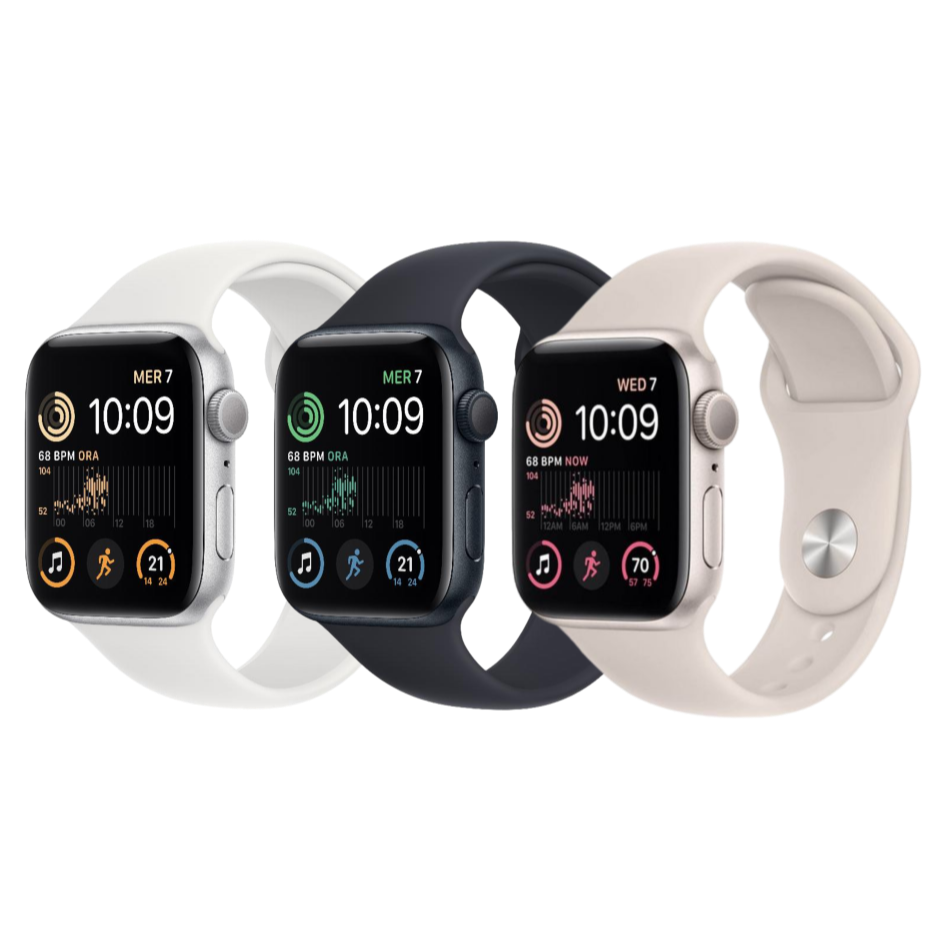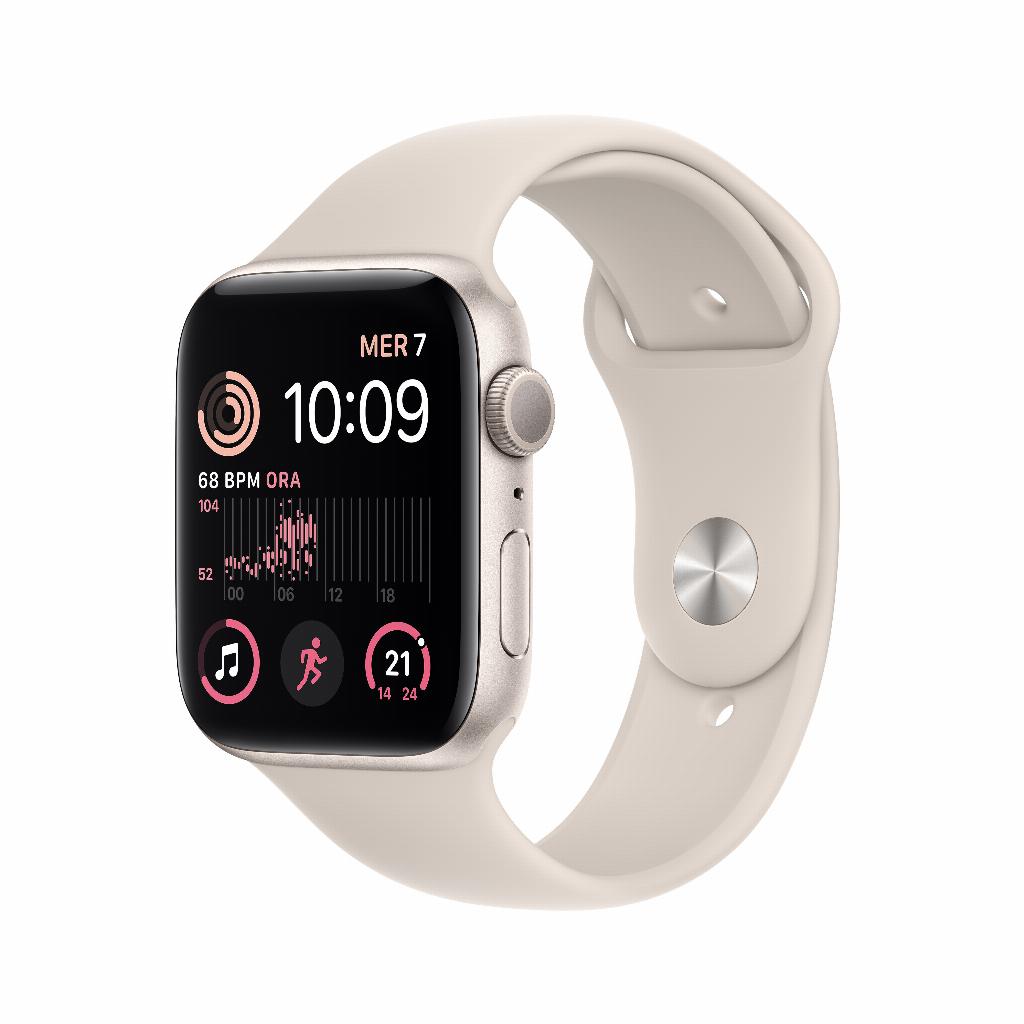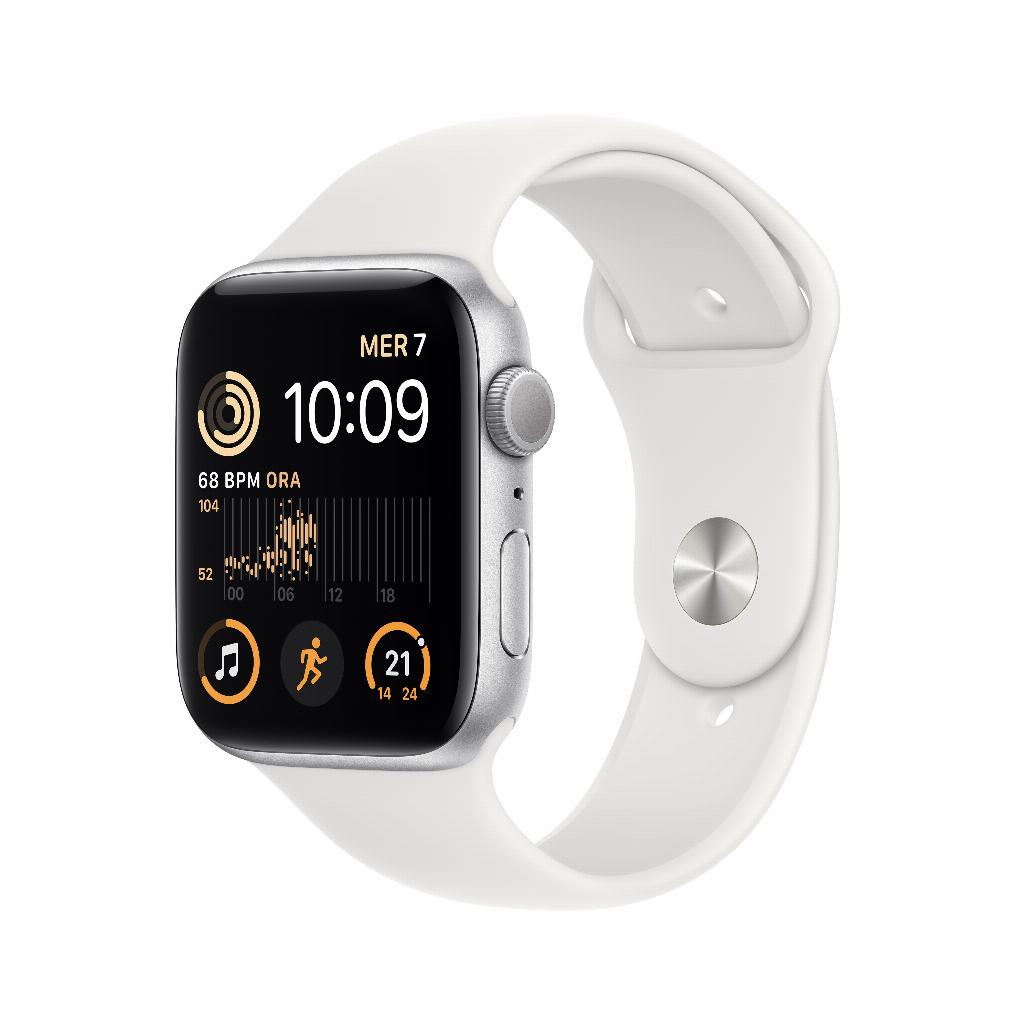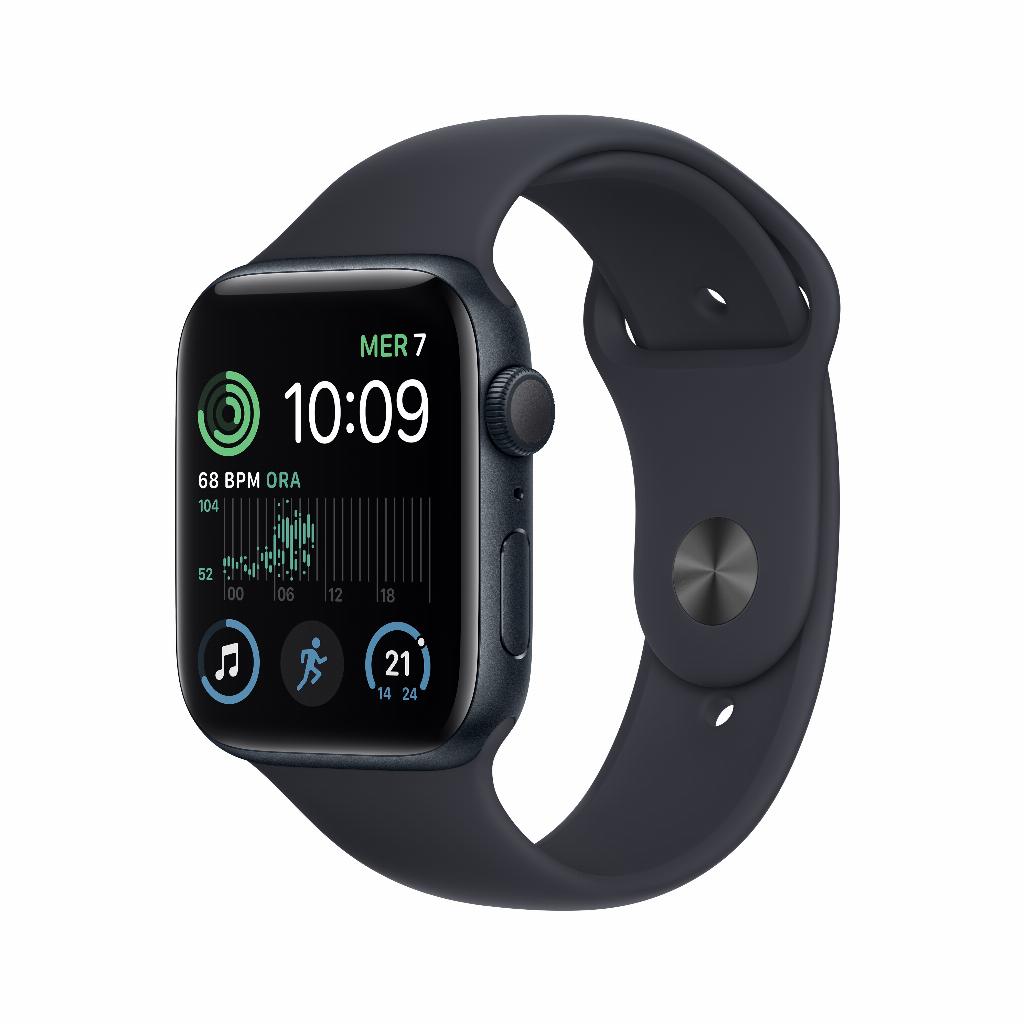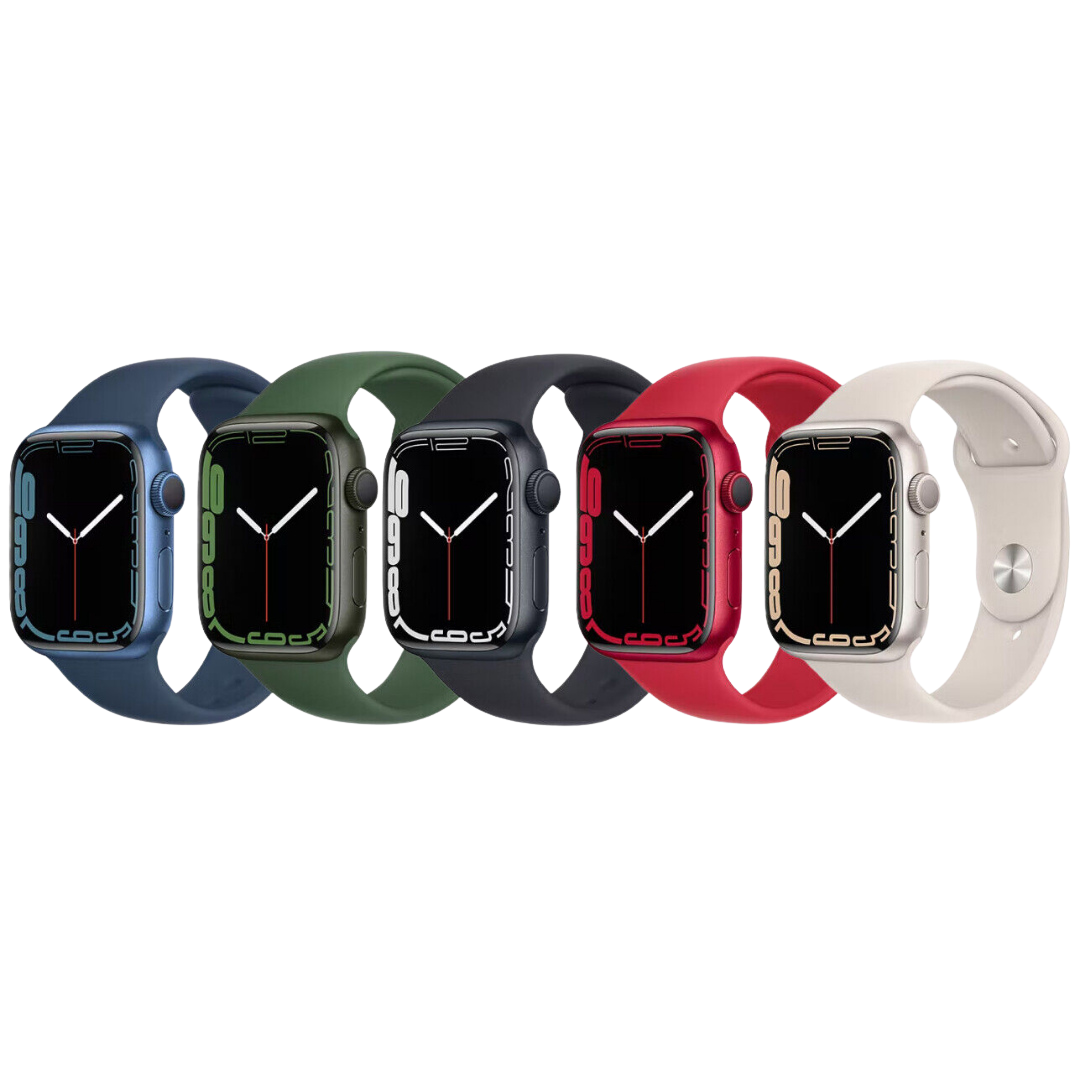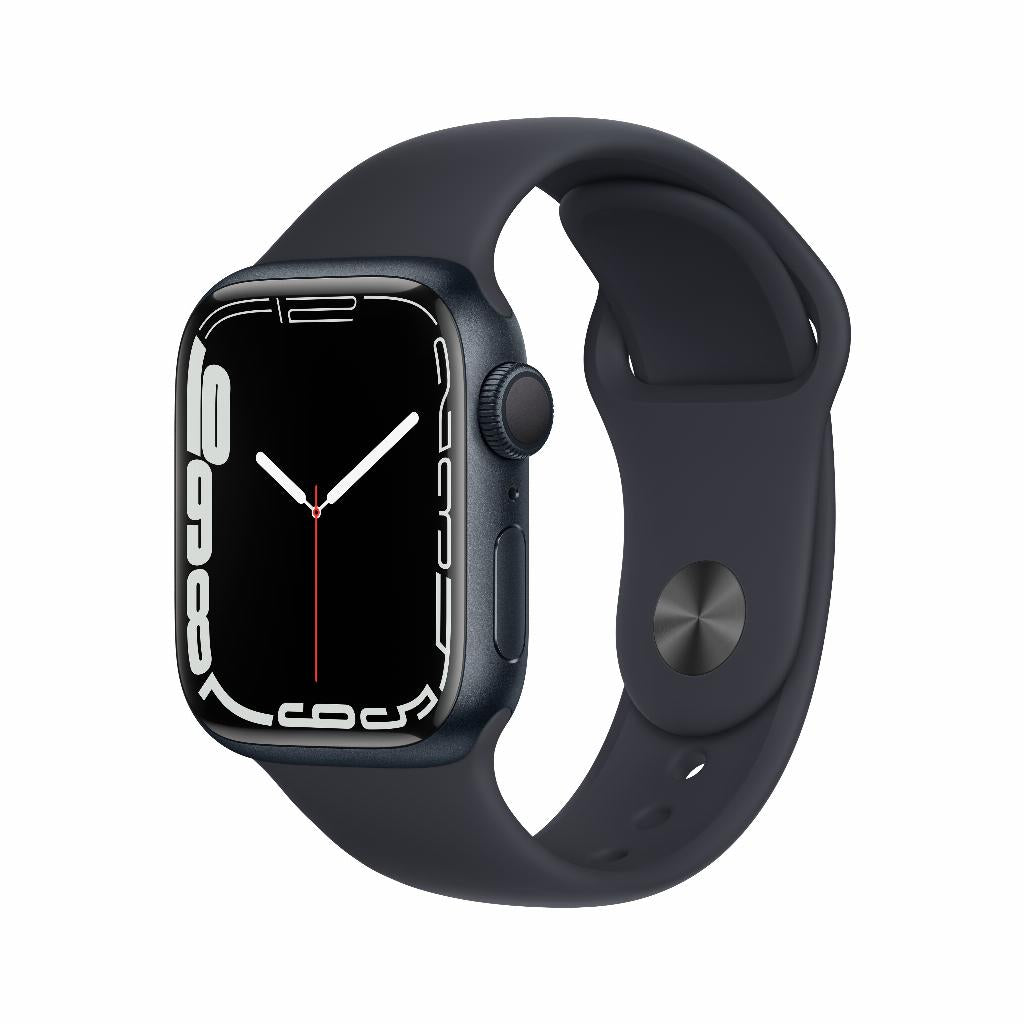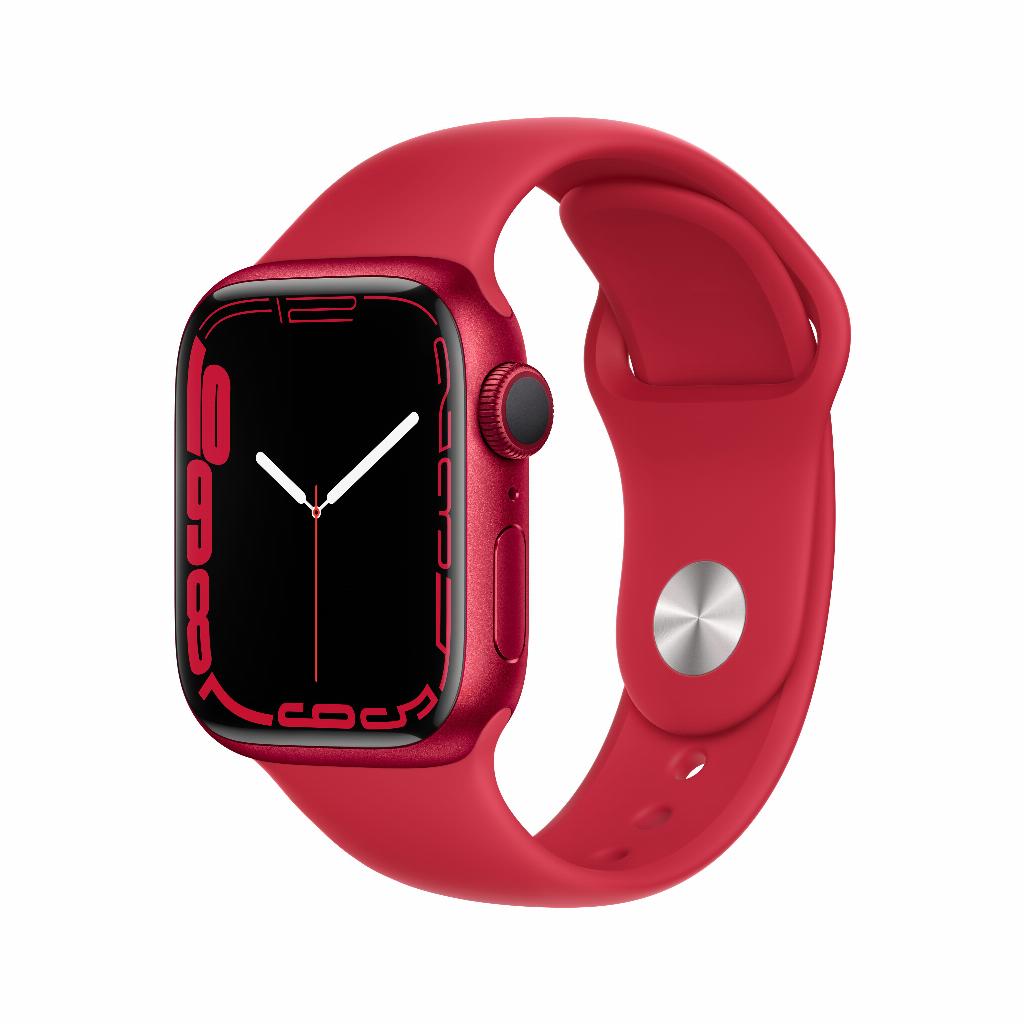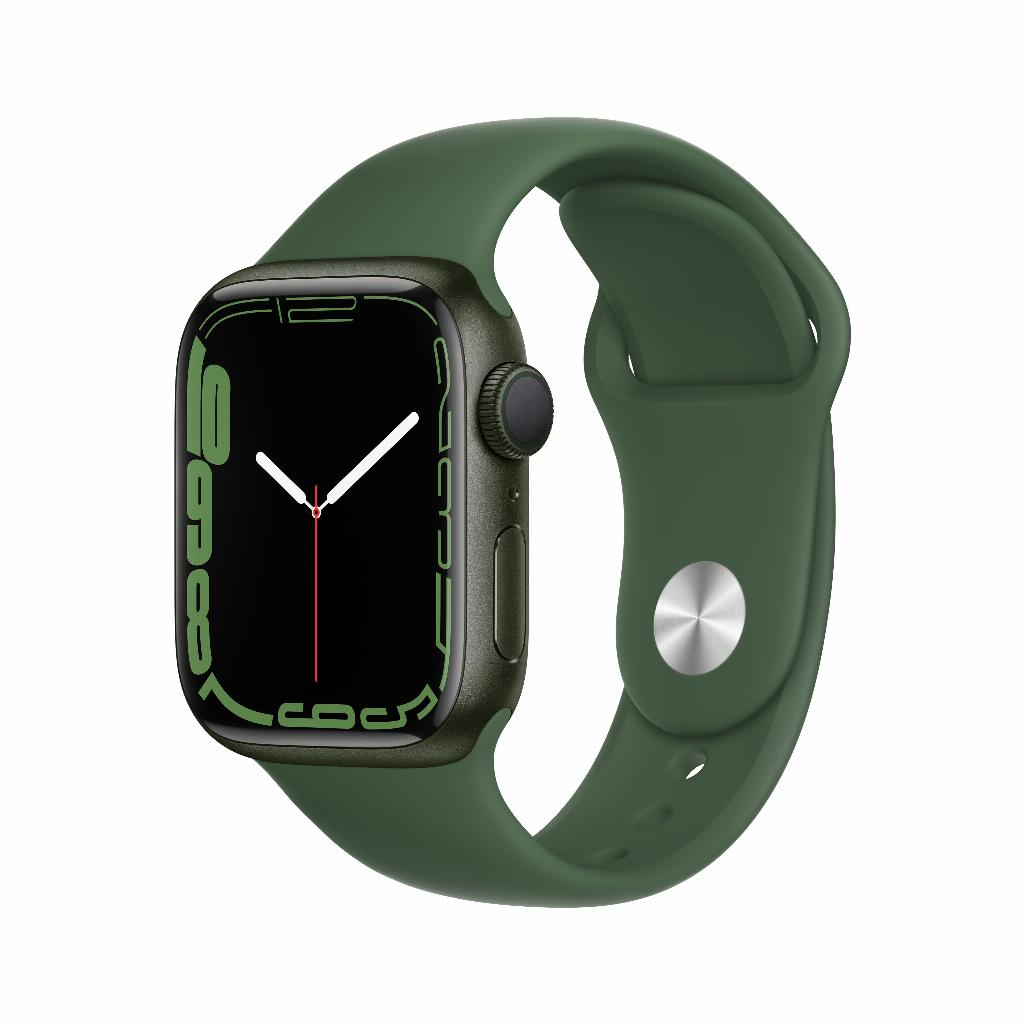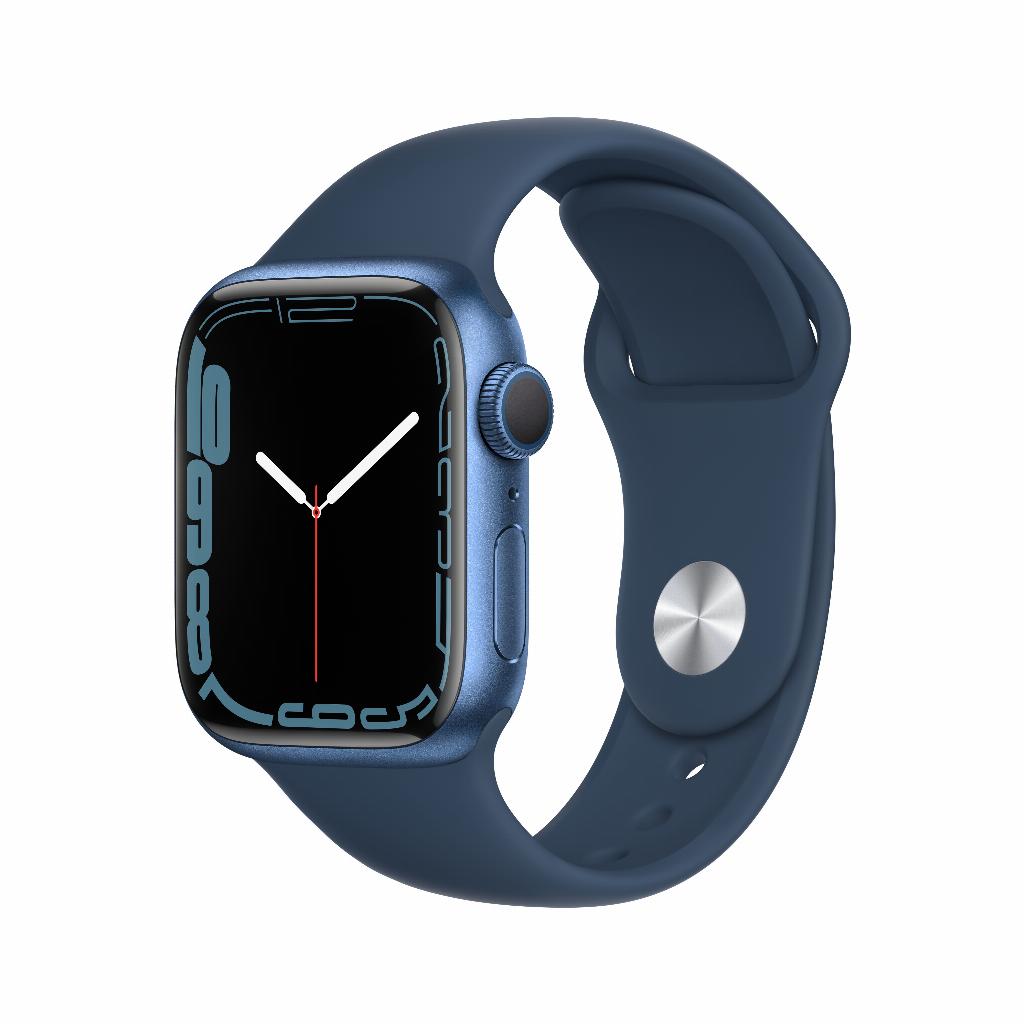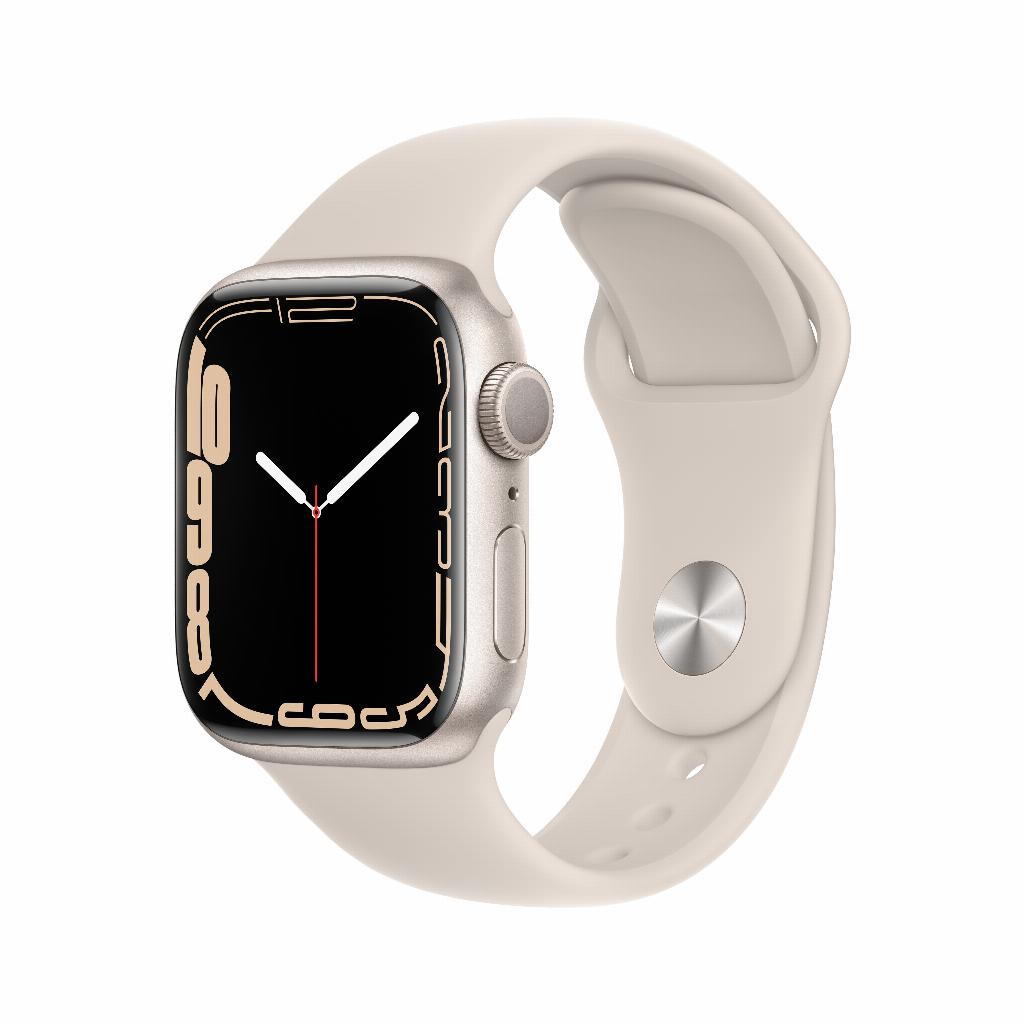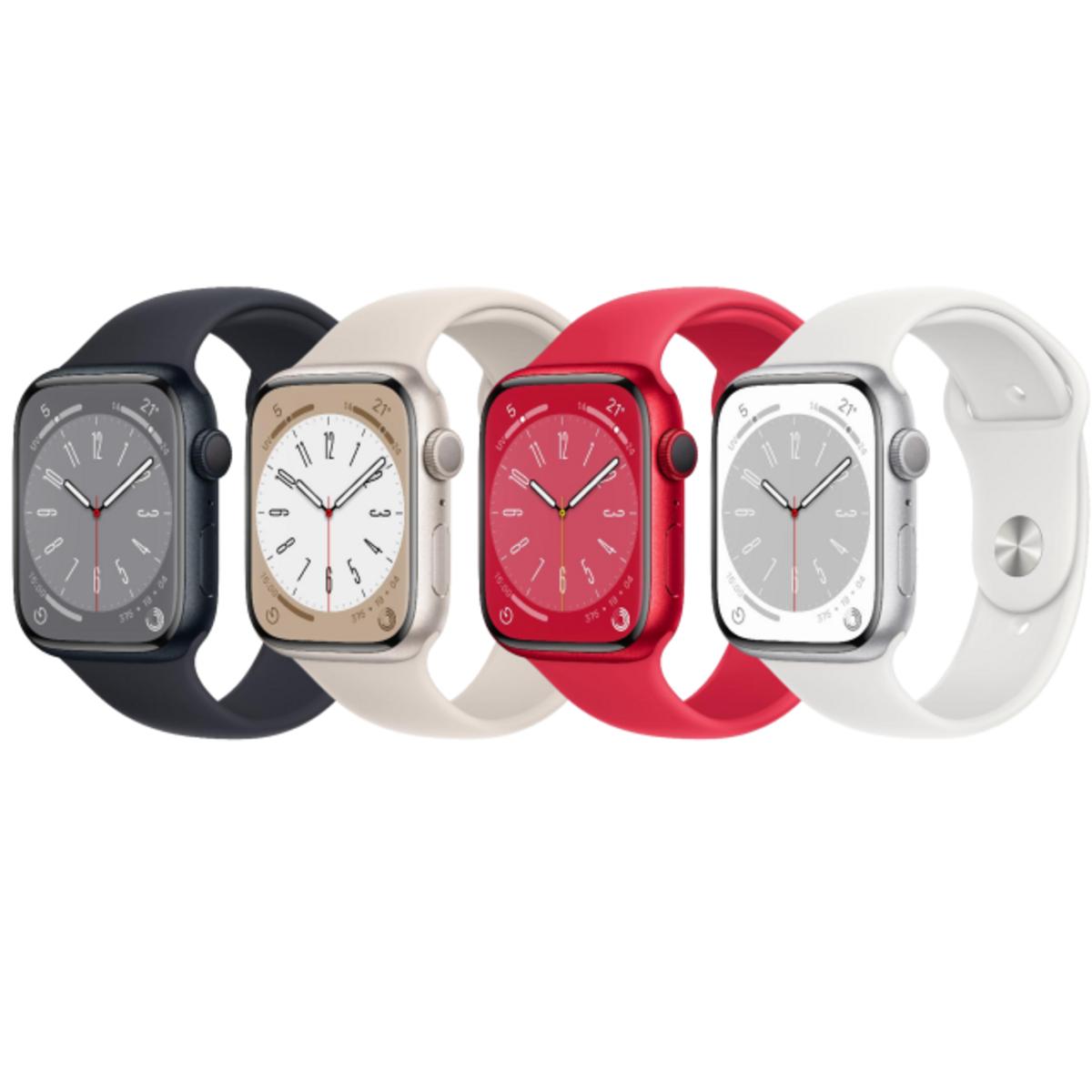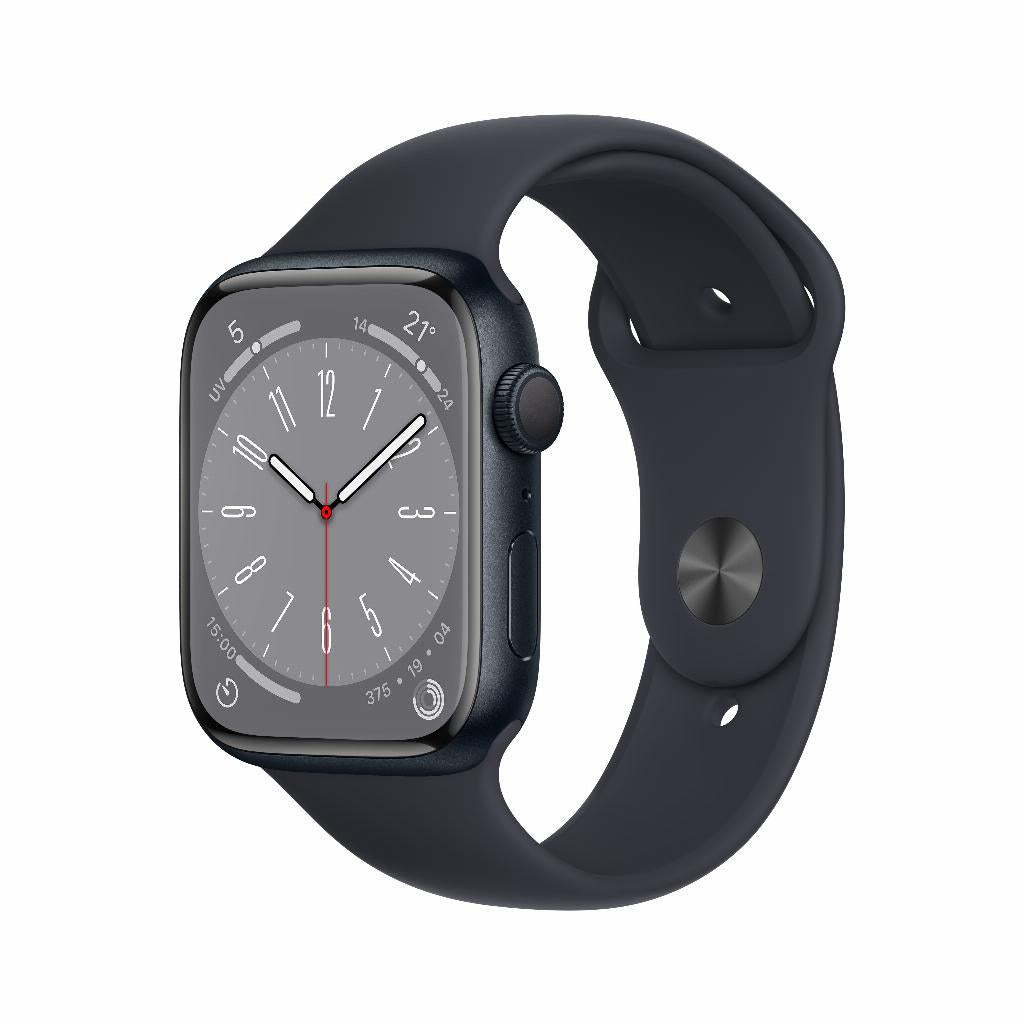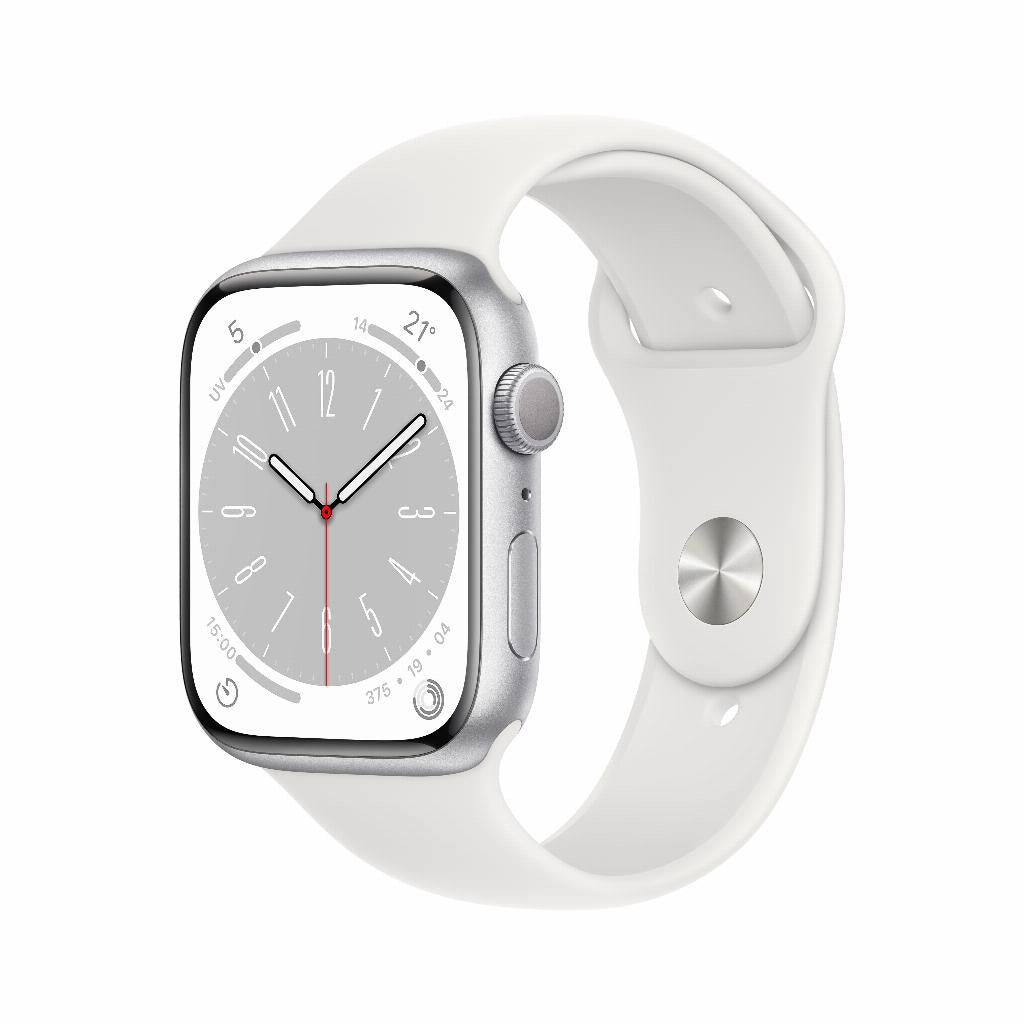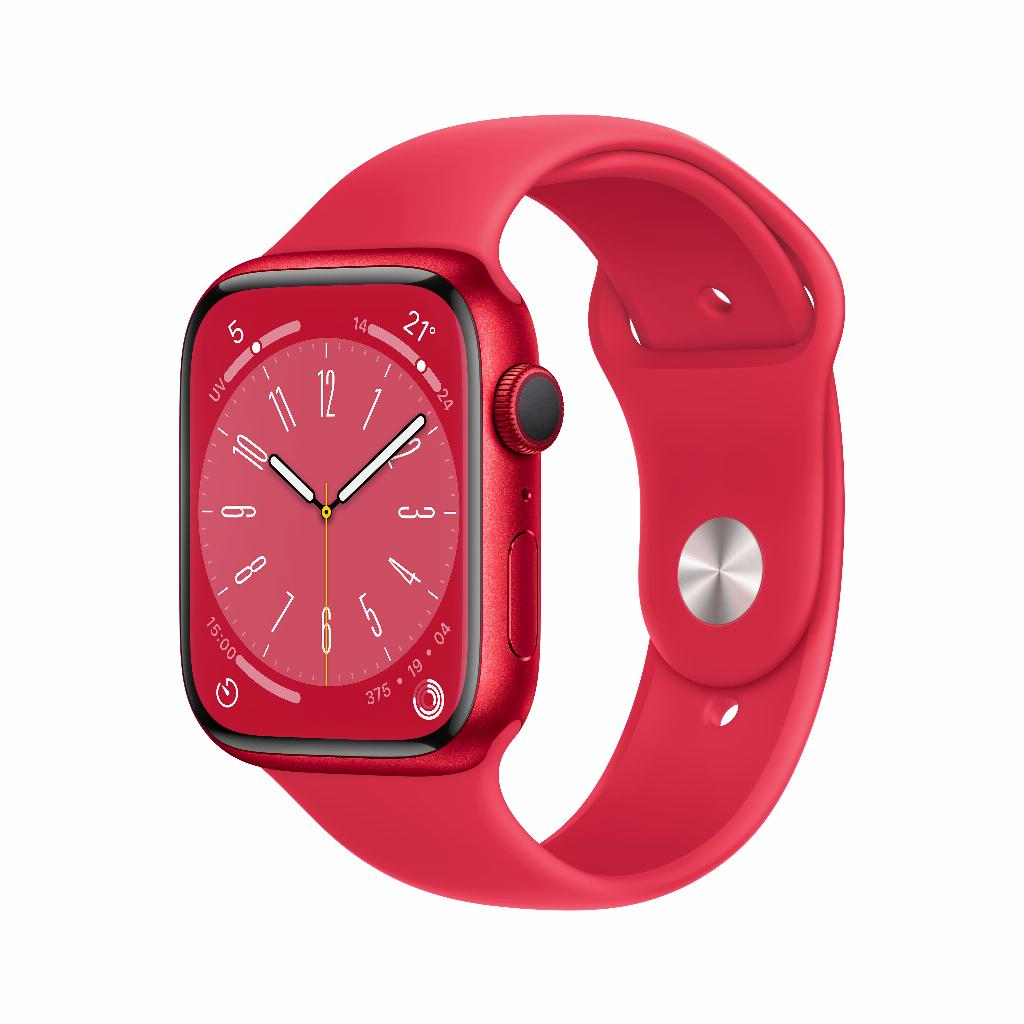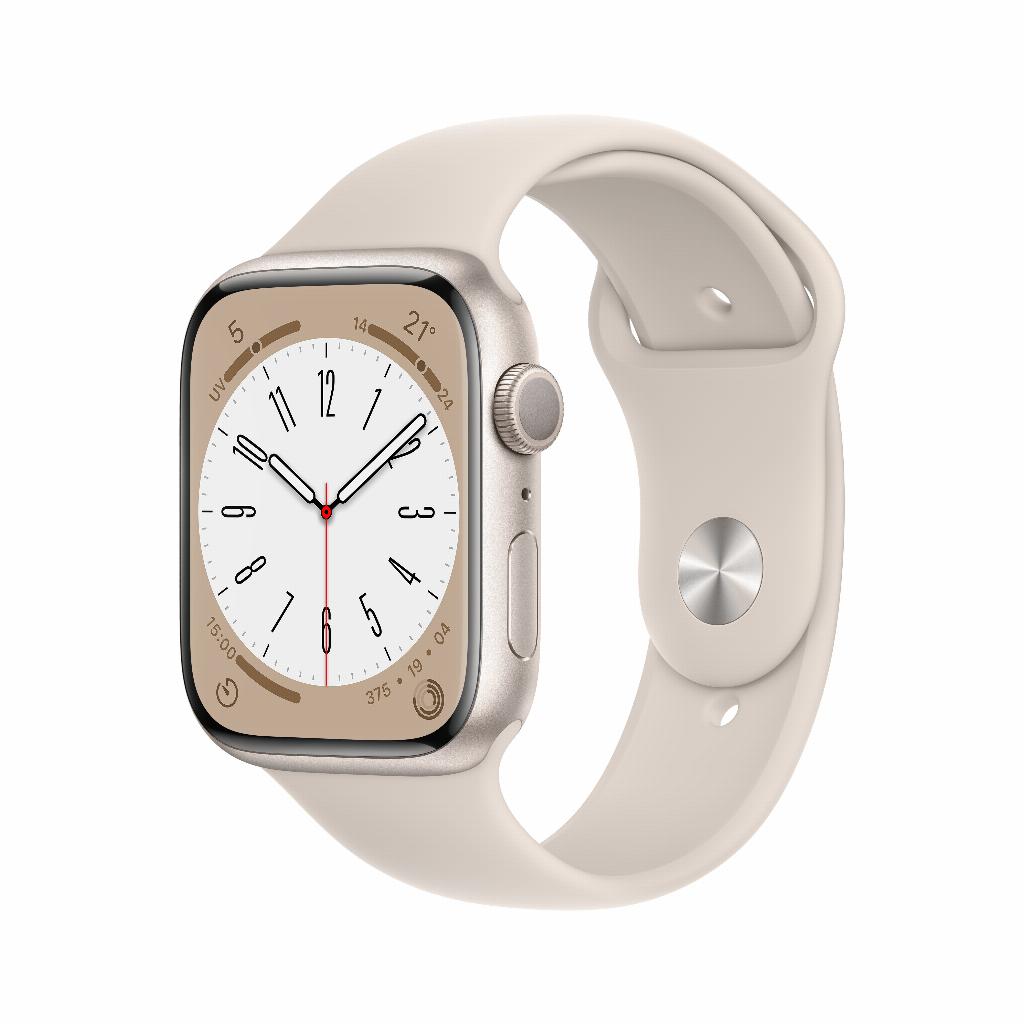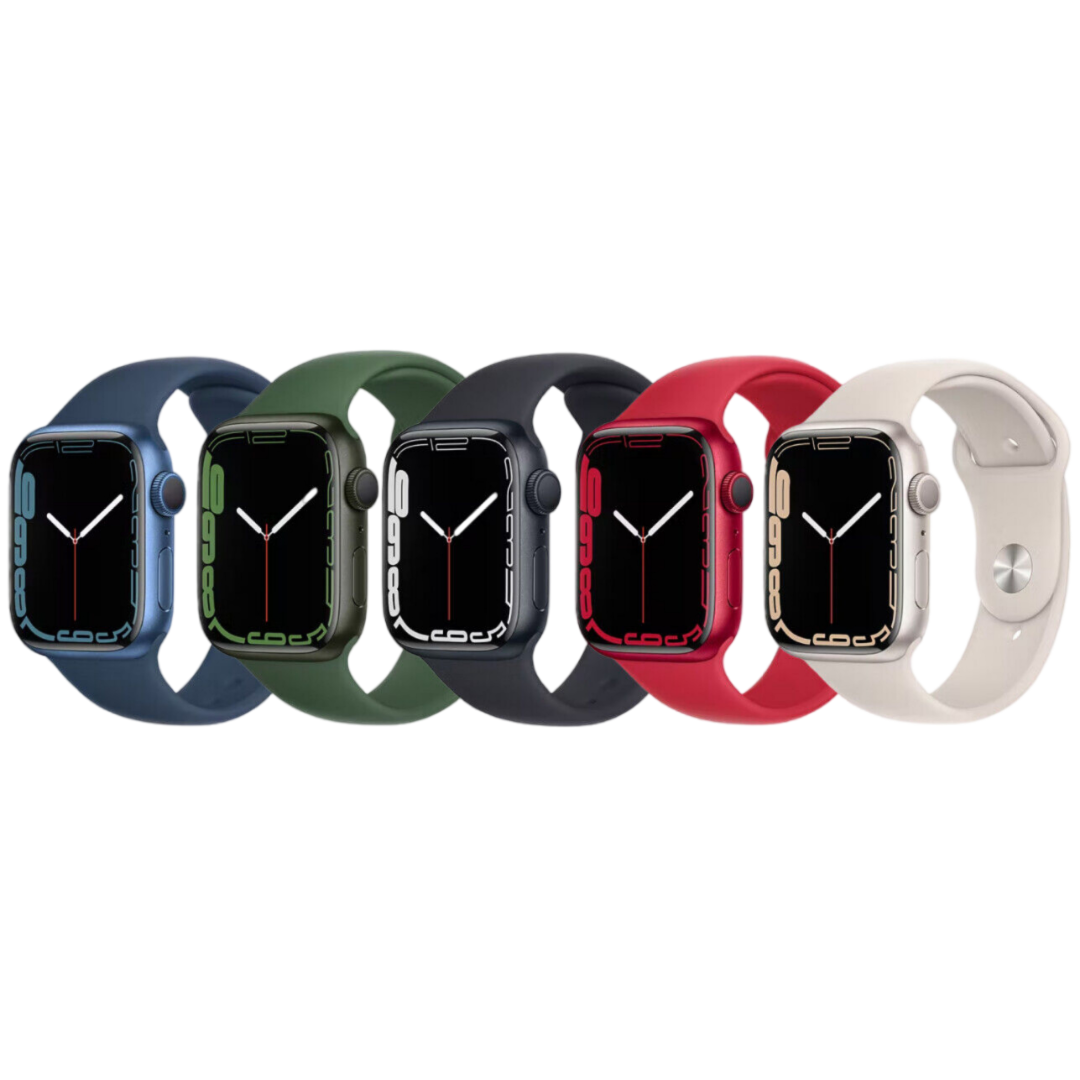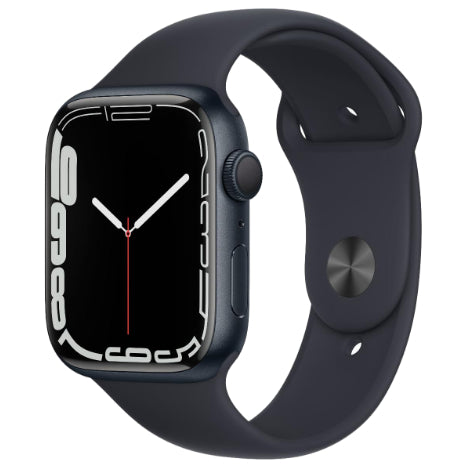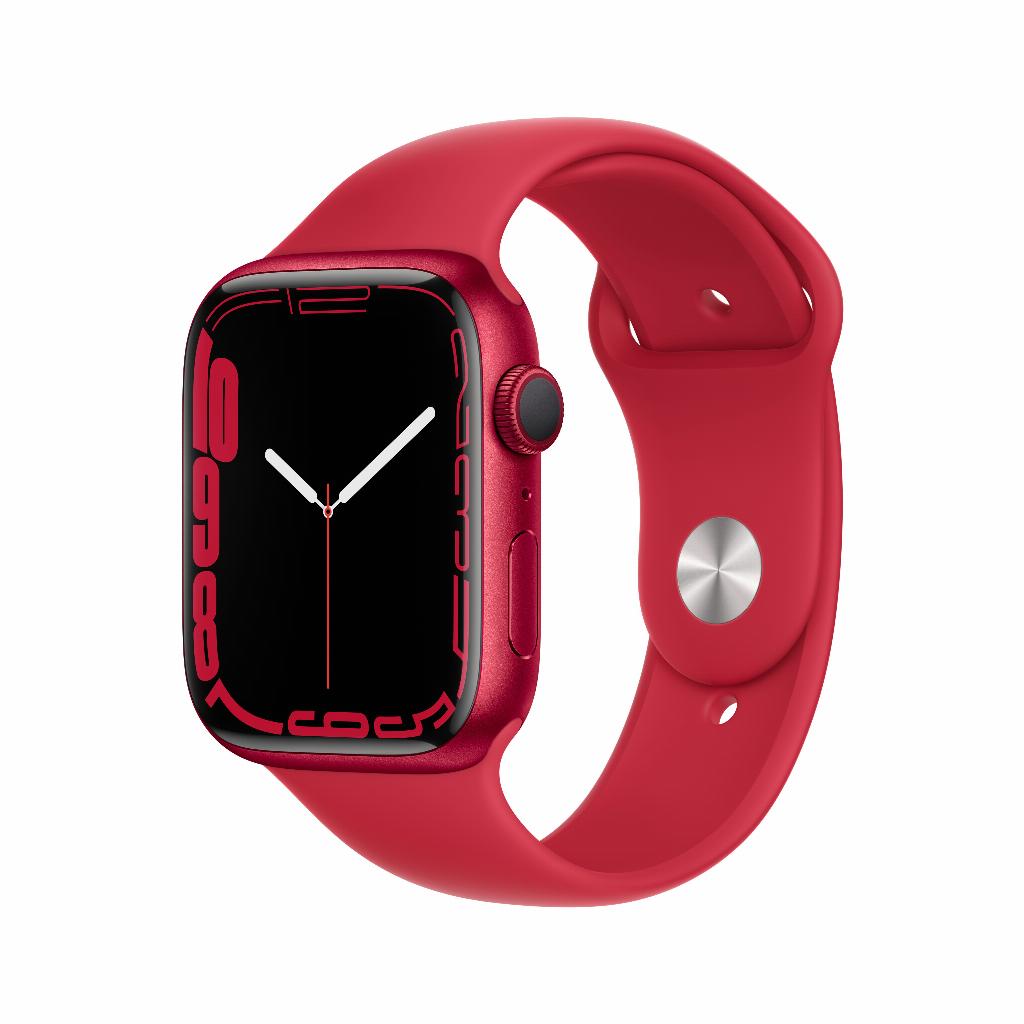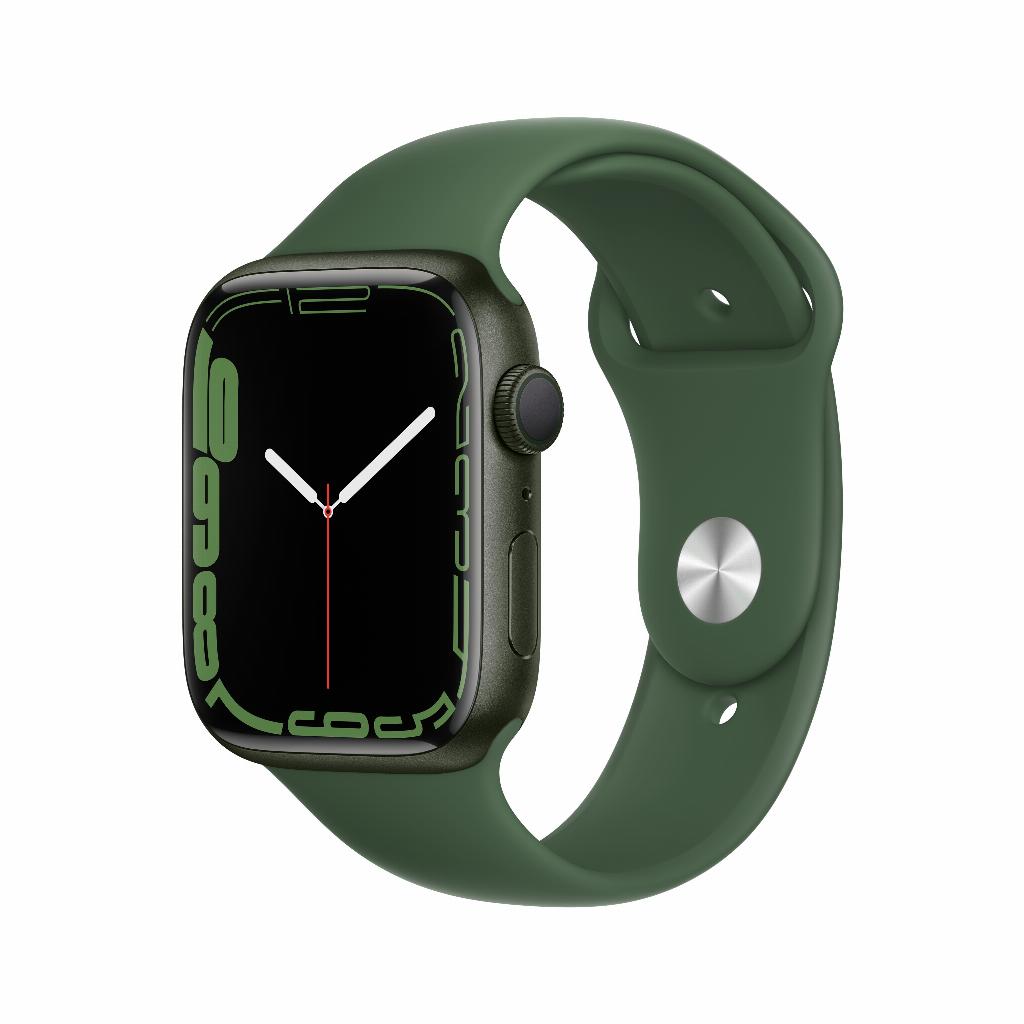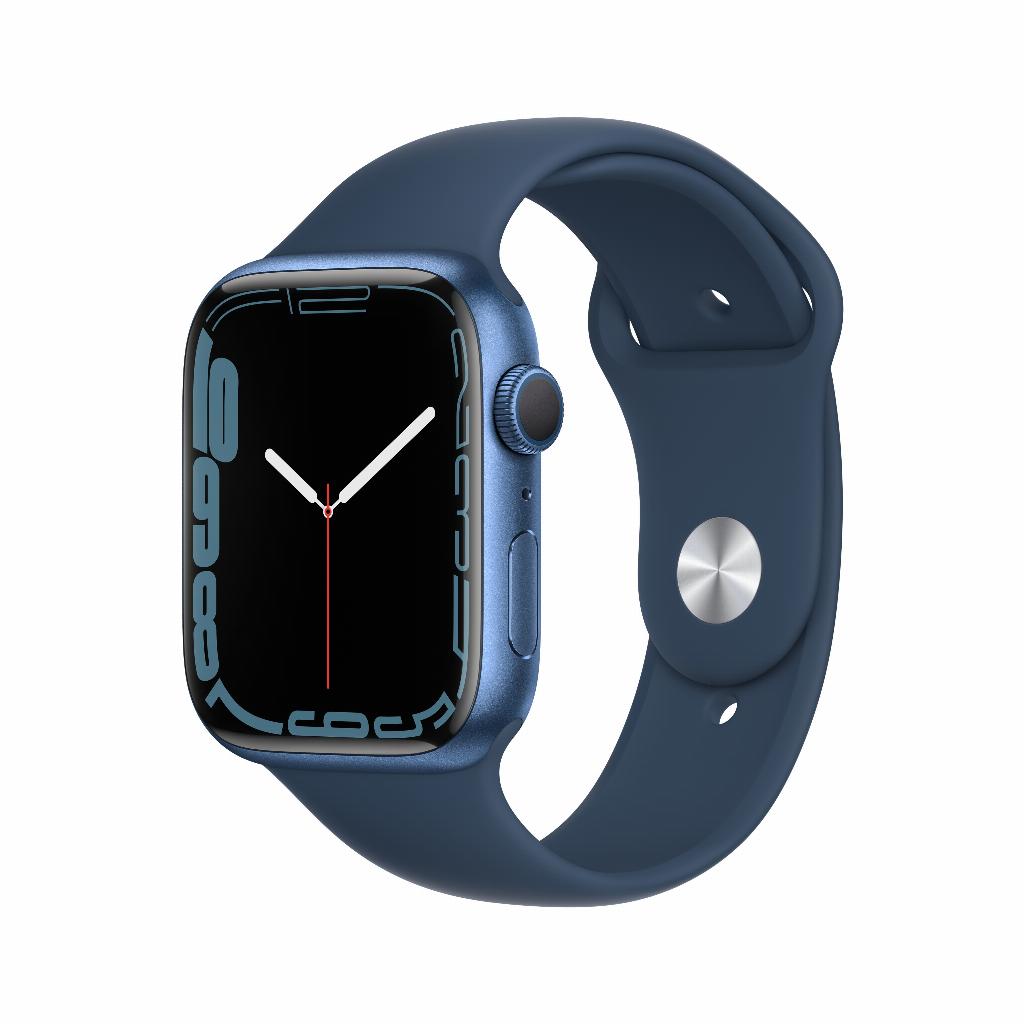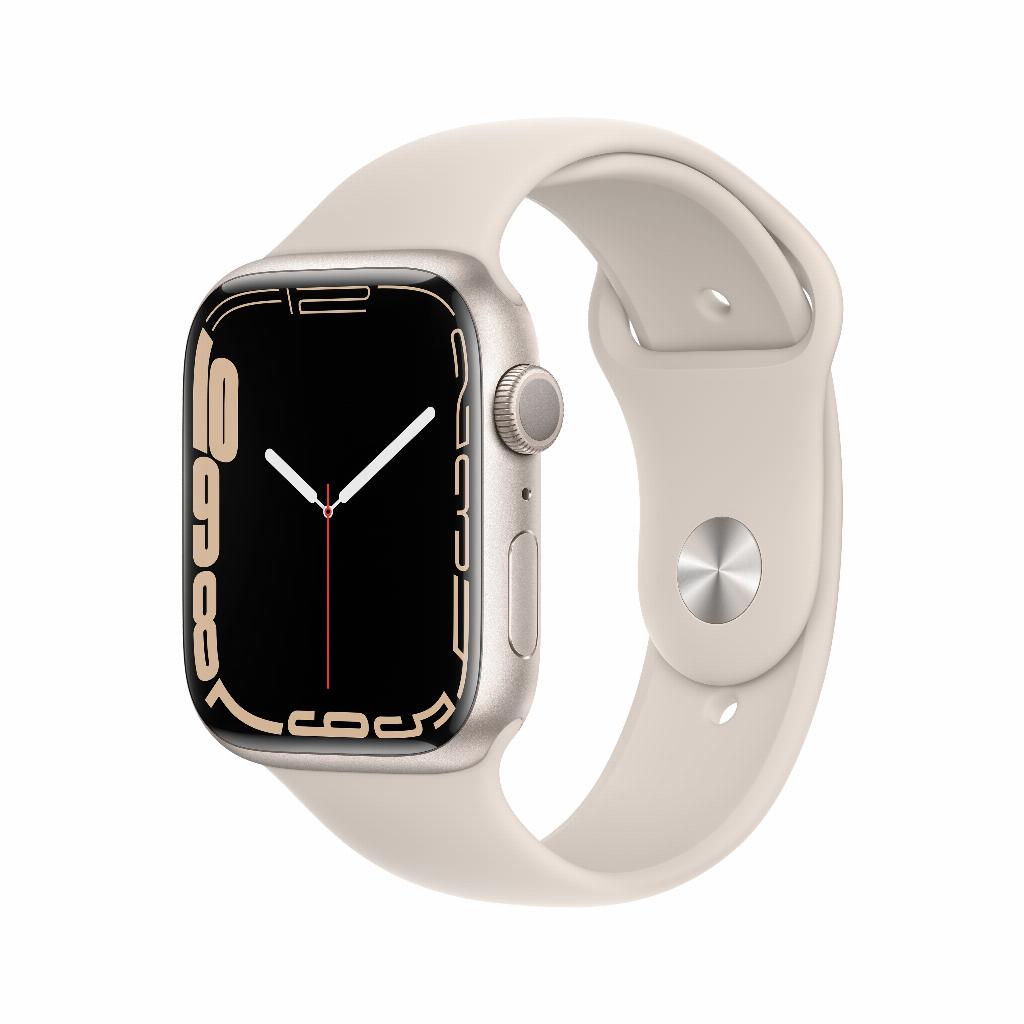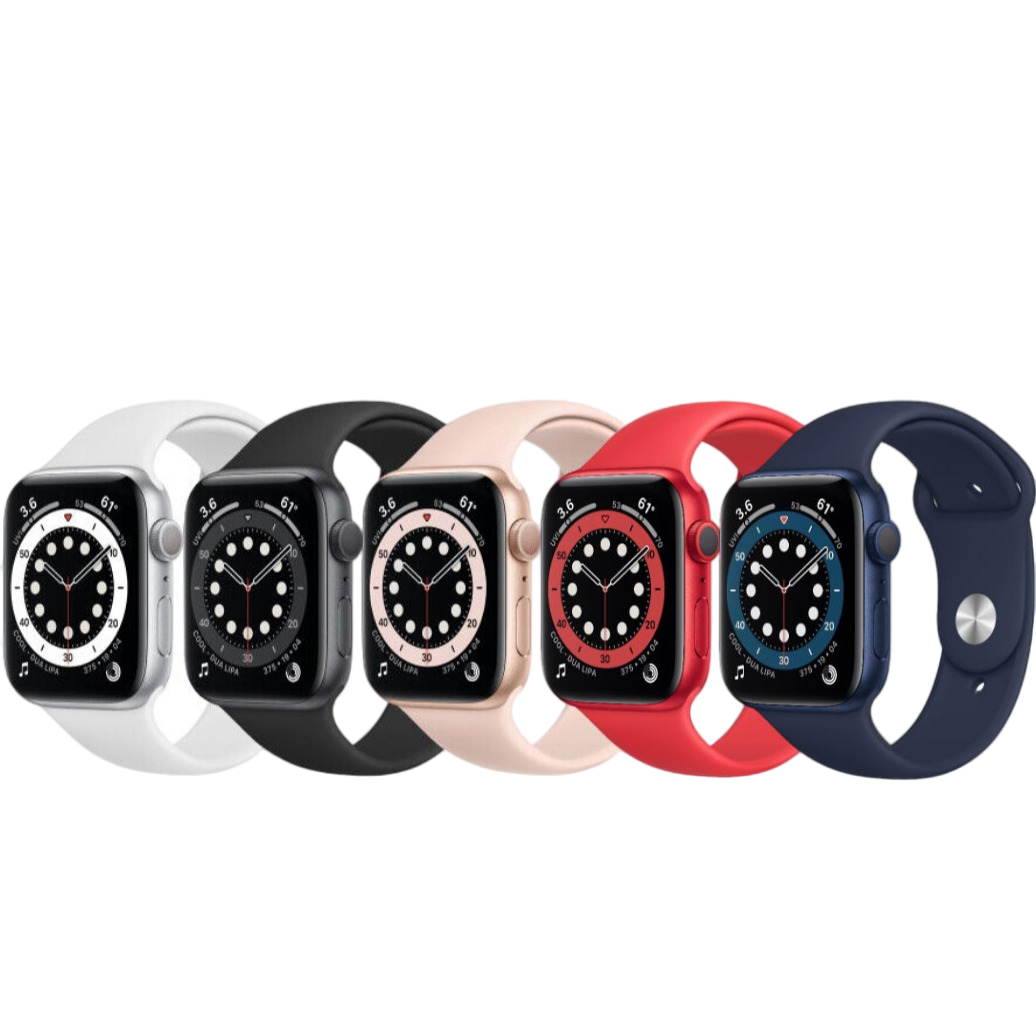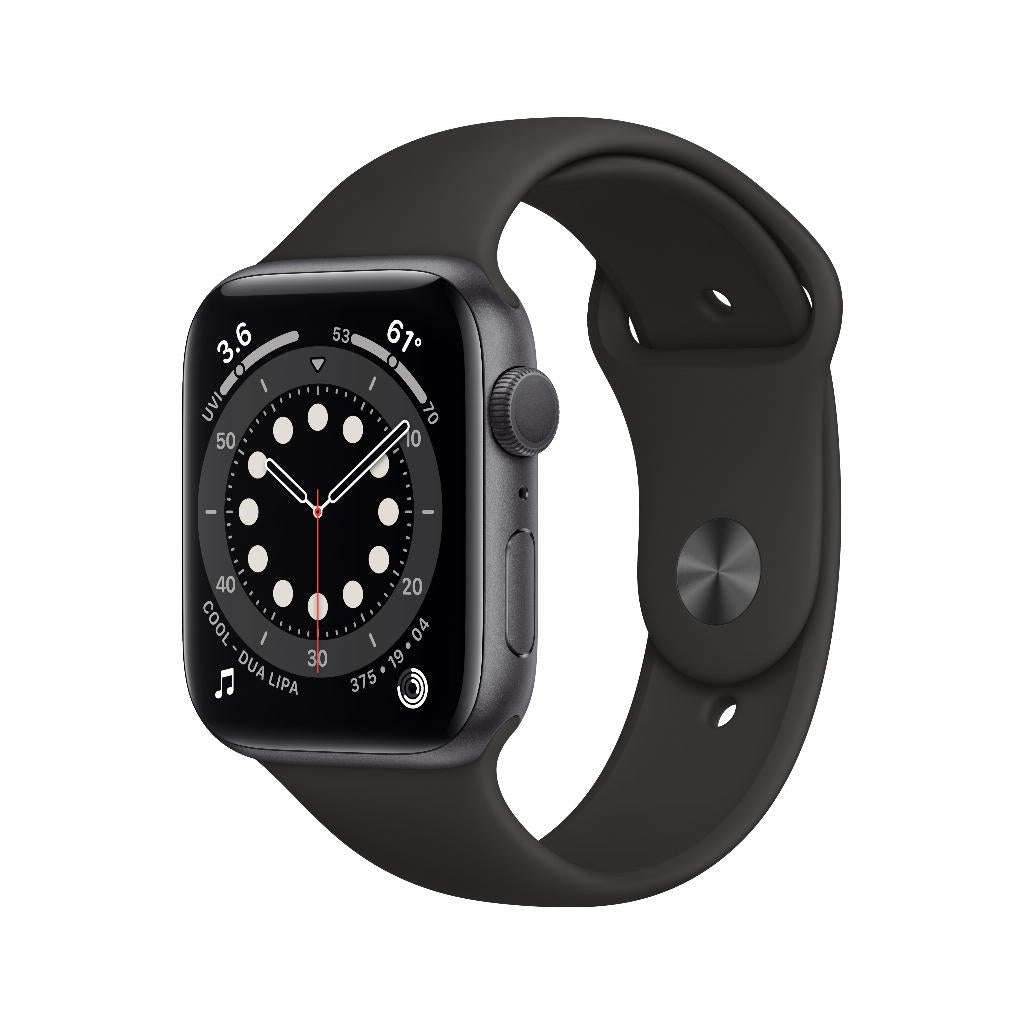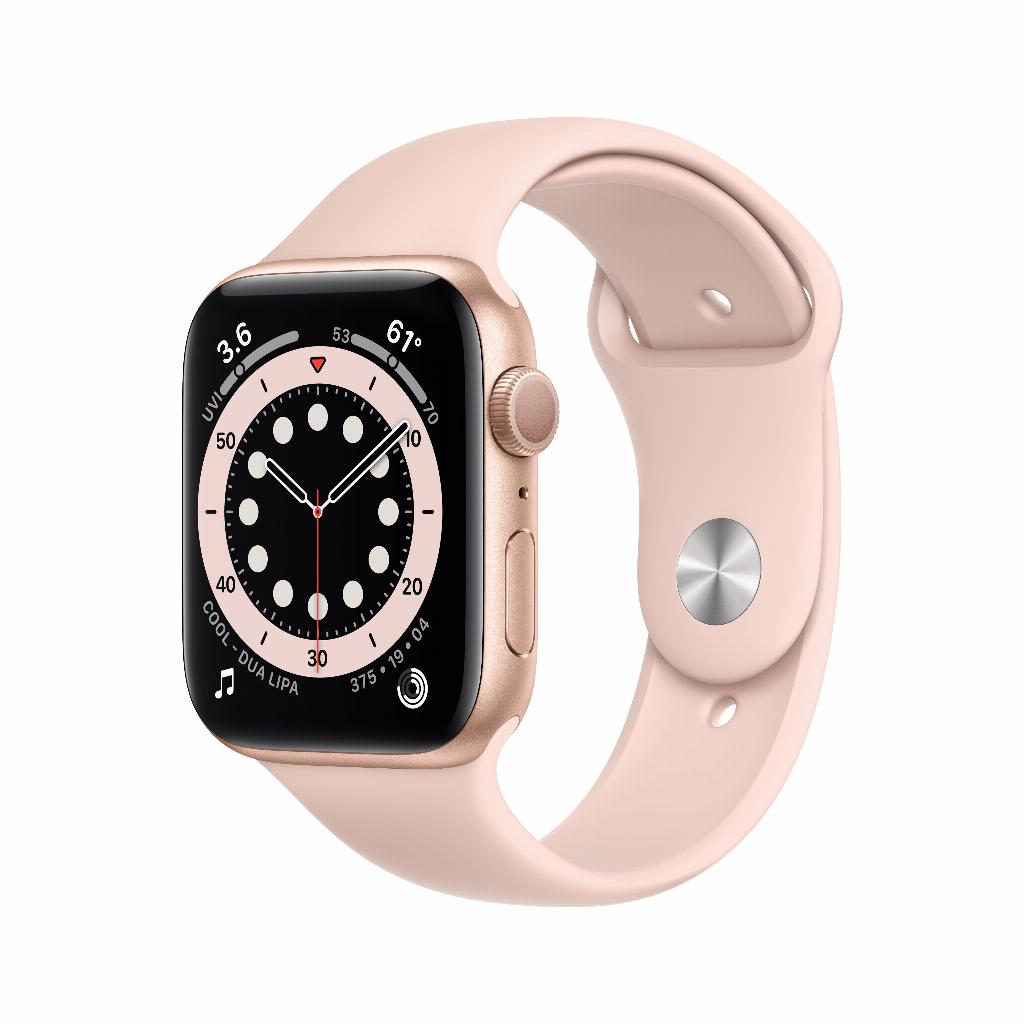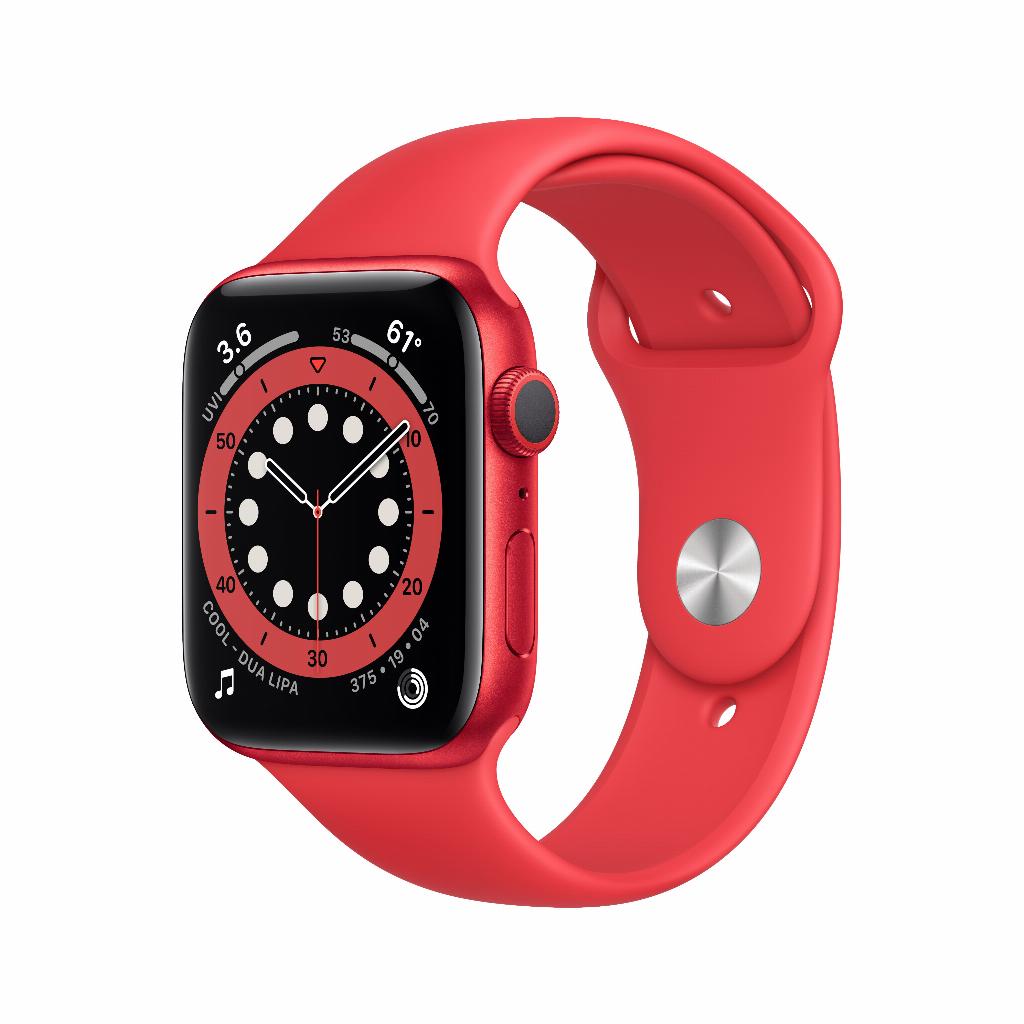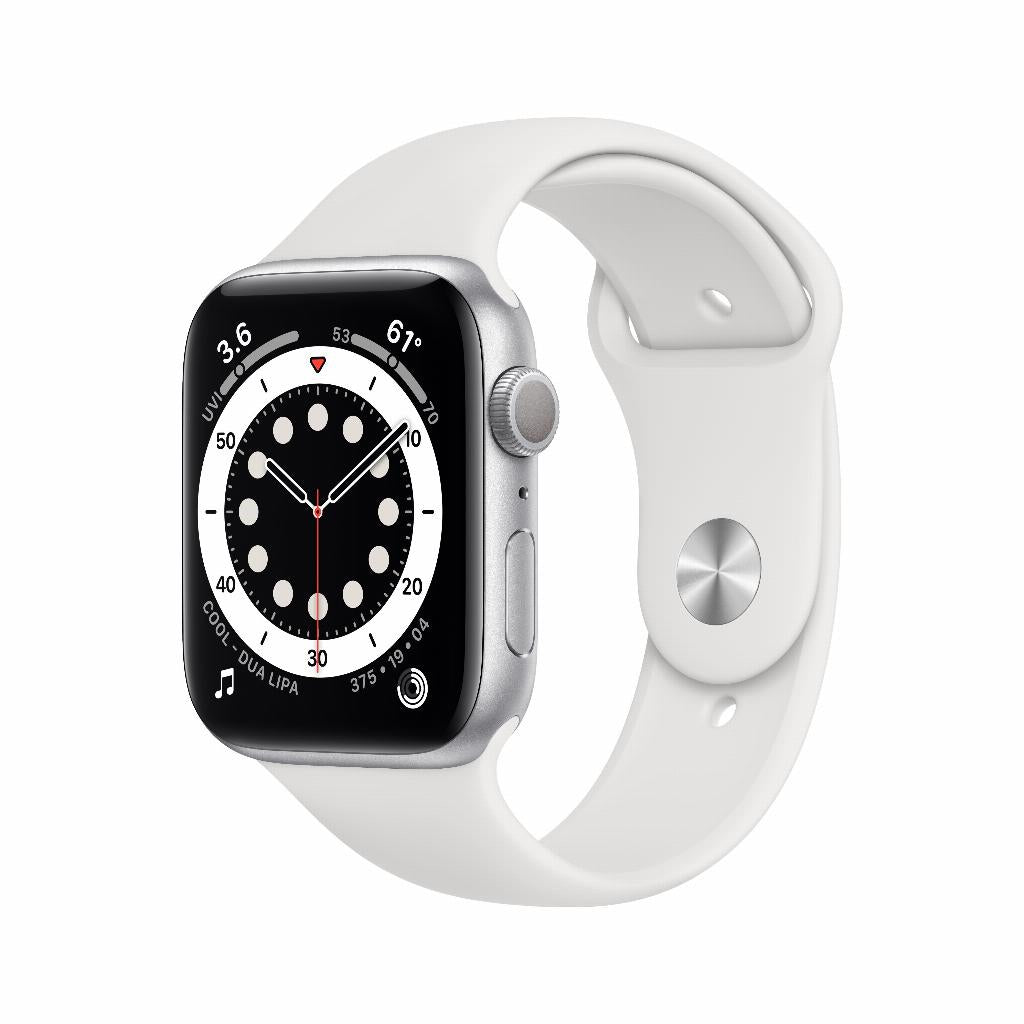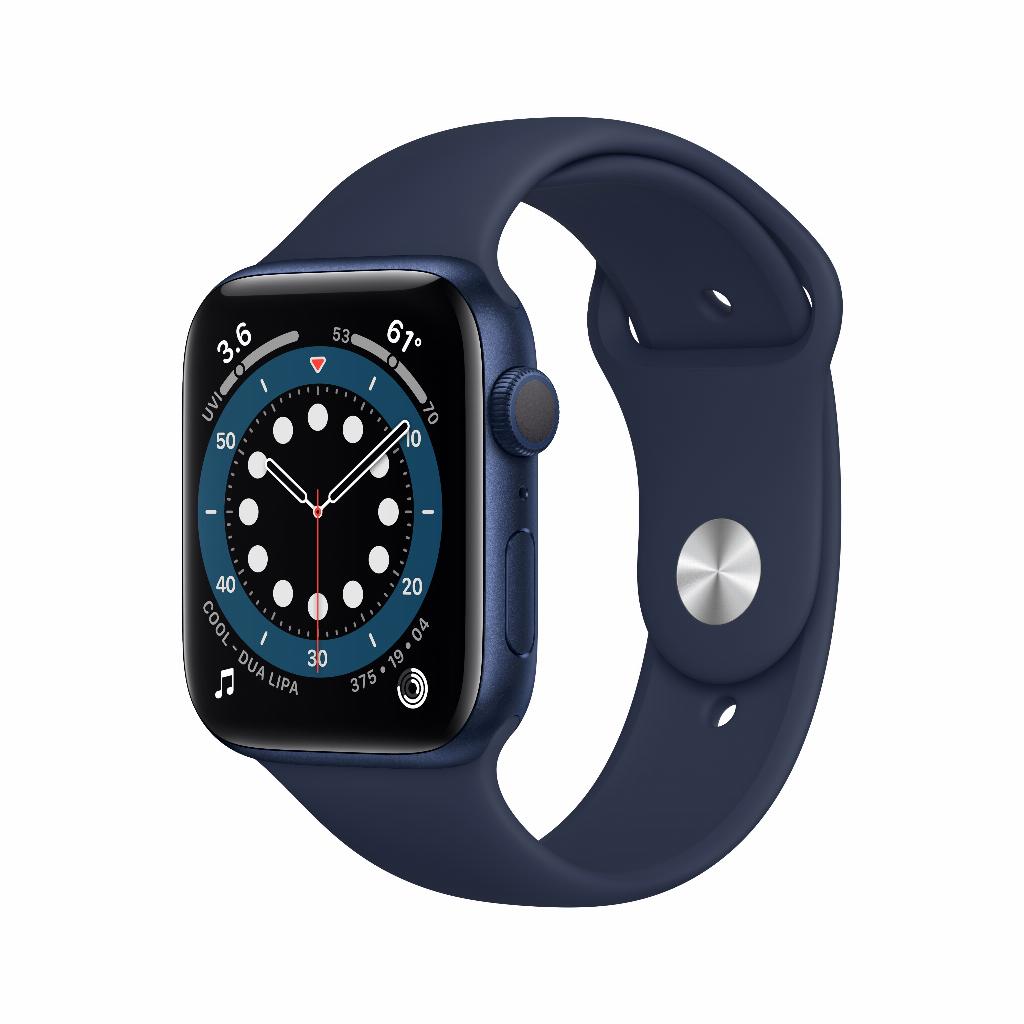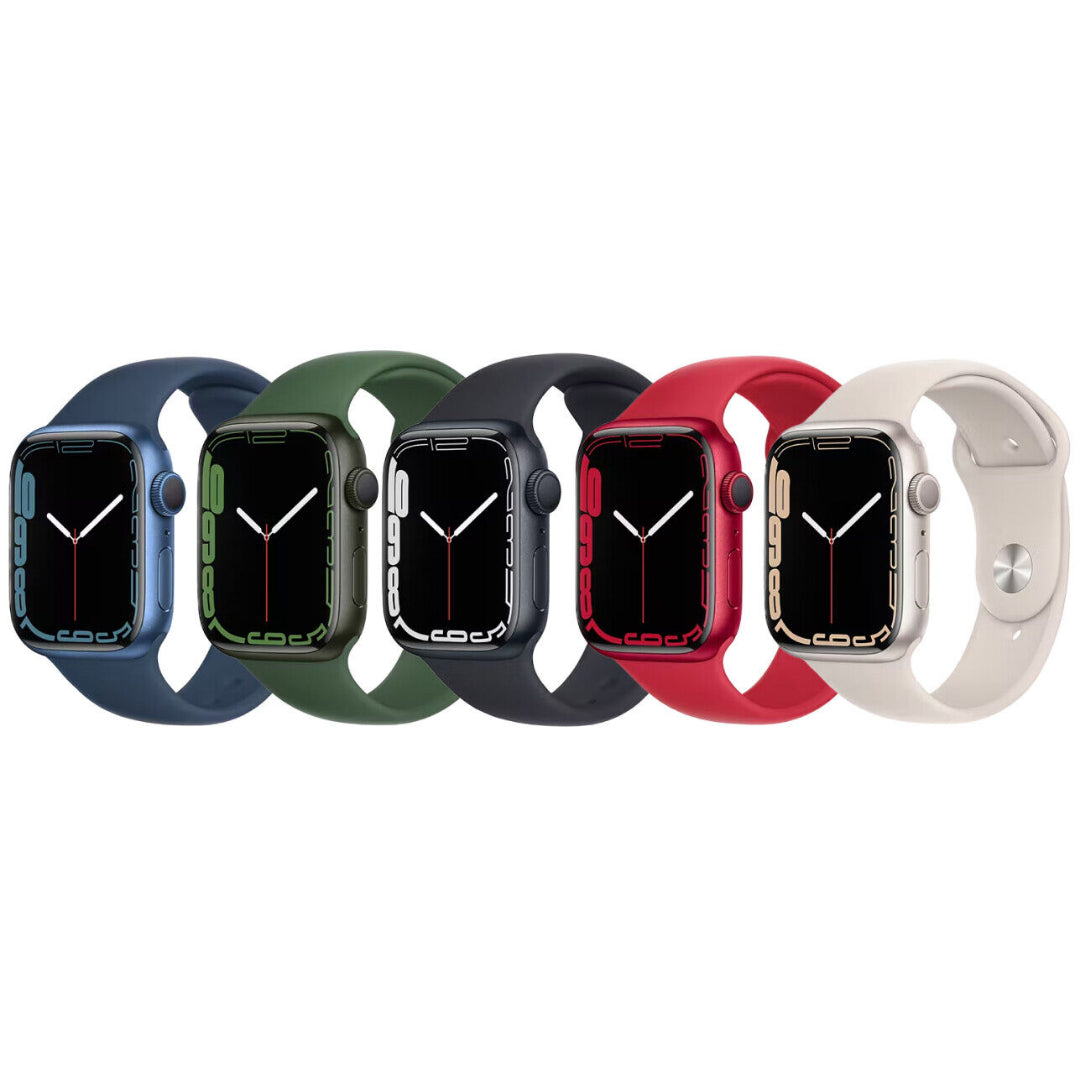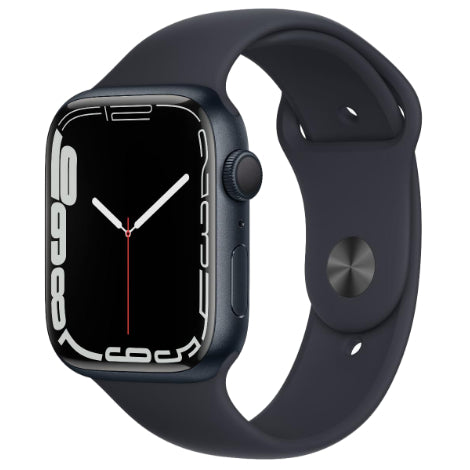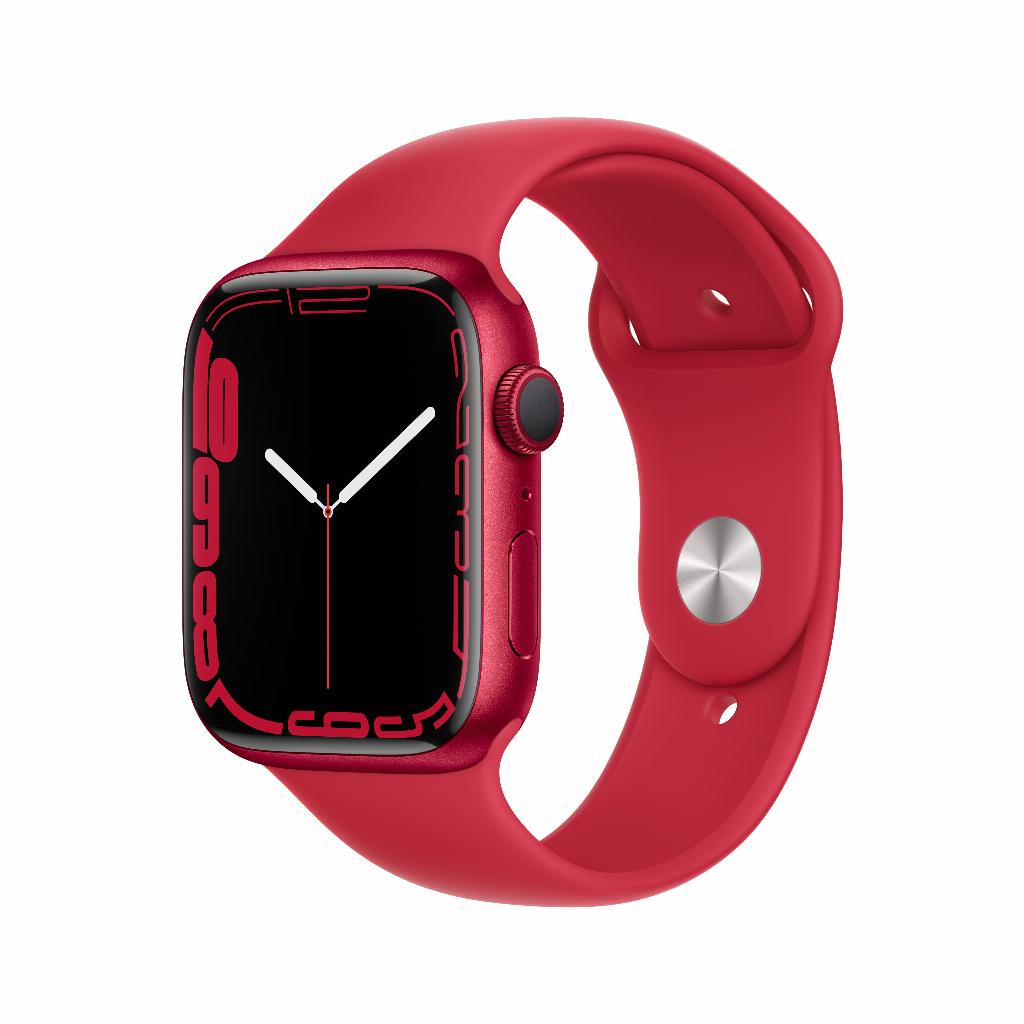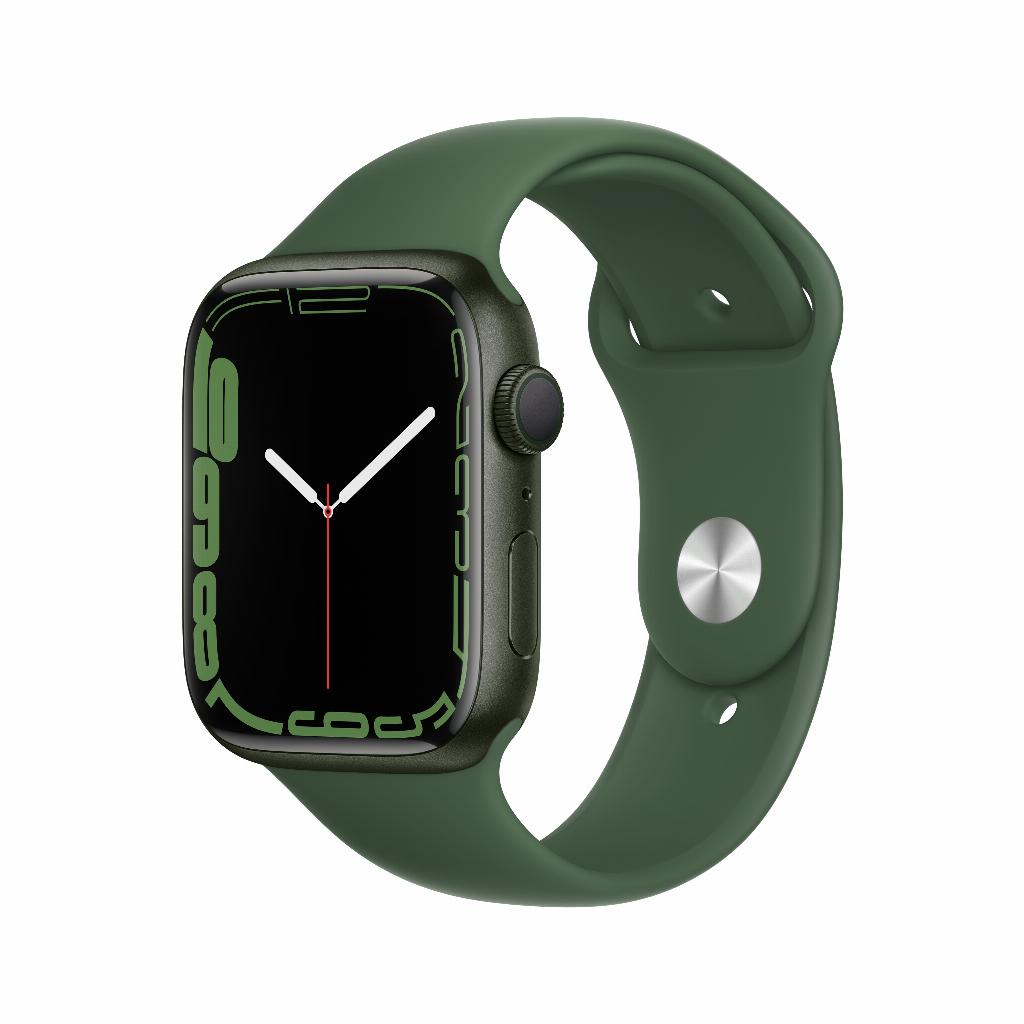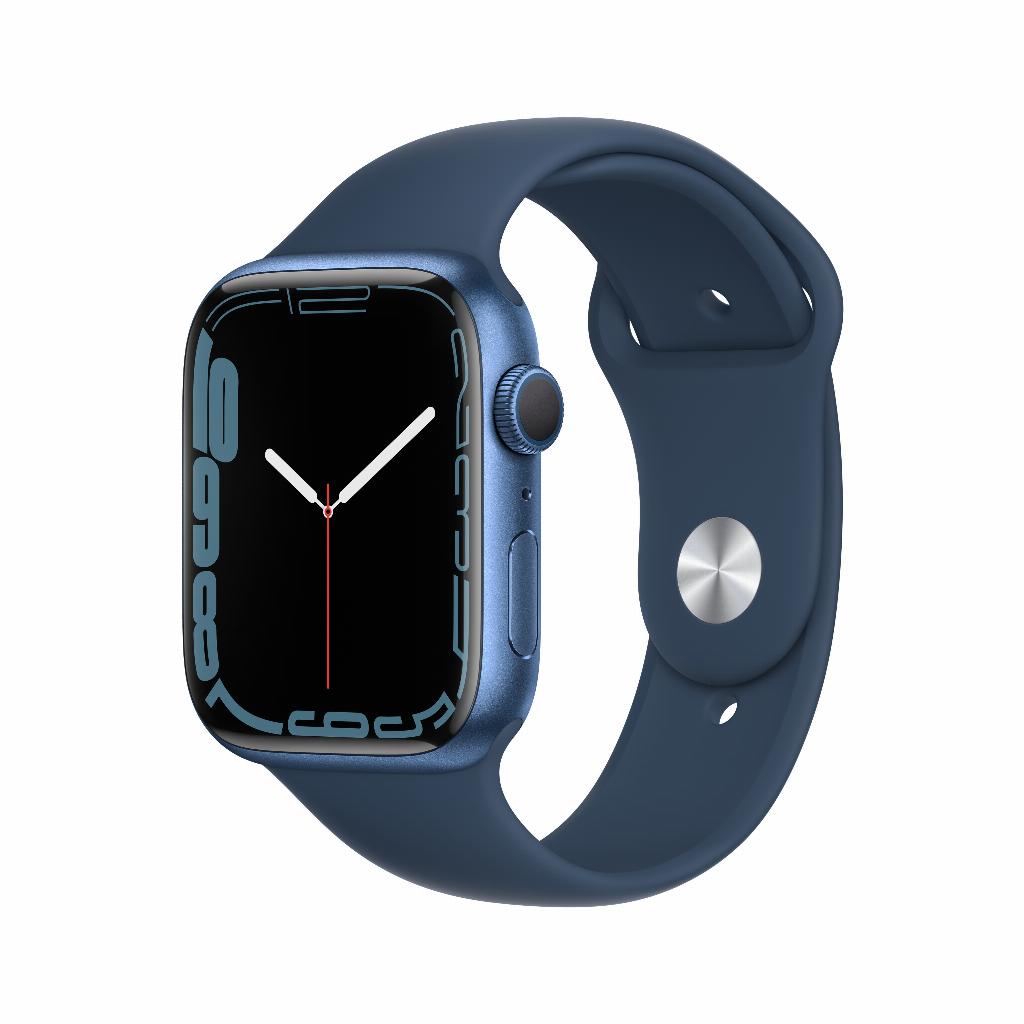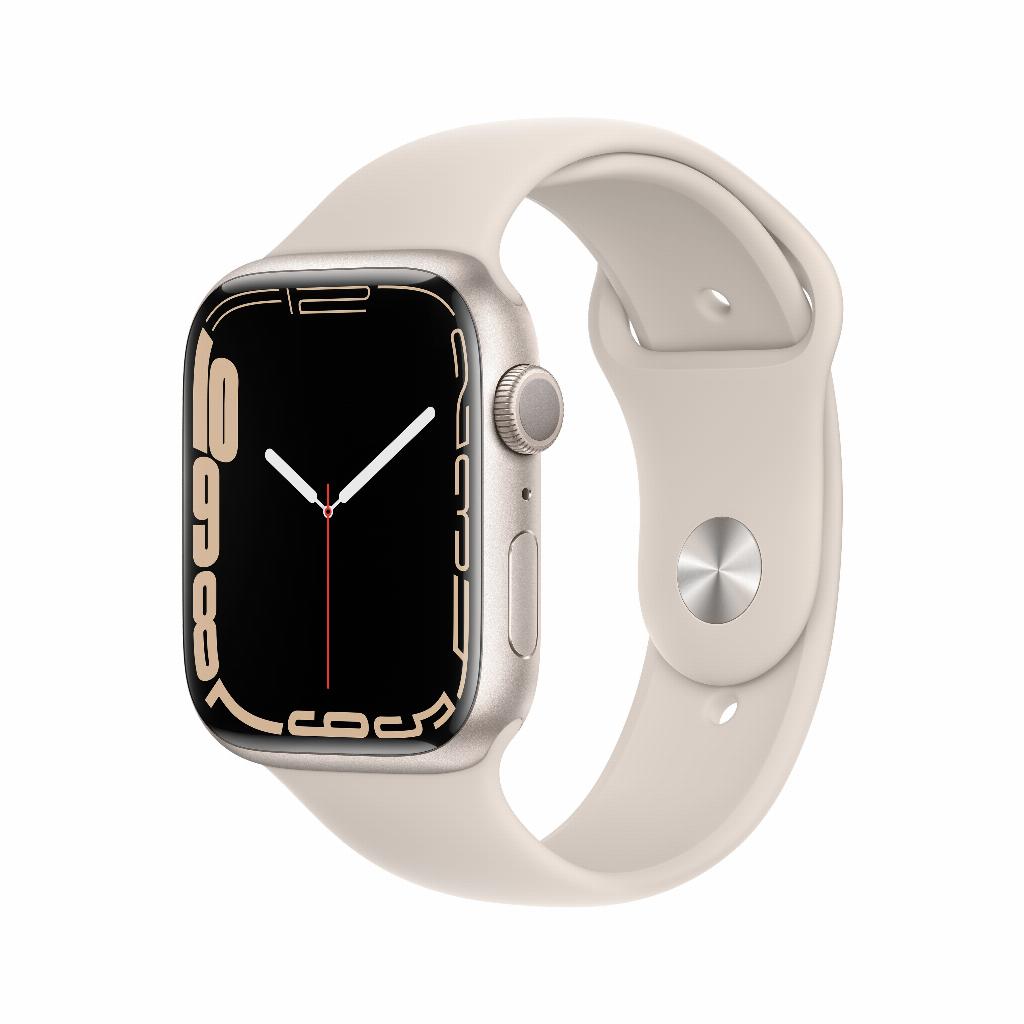Which Apple Watch is right for you?
You're standing at the shelf. Six Apple Watch models stare back at you. Series 3 through 7, plus the SE. The salesperson lists: ECG measurements, SpO2 sensors, always-on displays. You nod, but think: which one do I need?
However, the answer is surprisingly simple. It's not about the most features . It's about what you do with it. That Series 7 with the blood oxygen monitor? Useless for just counting steps. That SE? Perfect for exercising and staying connected. With the right accessories and Apple's smart features, you can get more out of each model than you think.
Forget the specs. Focus on your own usage . This will not only save you hundreds of euros, but also prevent you from paying for features that collect dust.
Useful links
The practical comparison: which Apple Watch suits your lifestyle?
The Apple Watch market is saturated with options. From the affordable SE to the advanced Series 7, each model has its own advantages. But which features will you actually use? This guide will help you navigate the specs landscape without paying for unnecessary bells and whistles.
Key differences between the models at a glance
Display technology
The Series 5, 6, and 7 have an always-on display. This means you can always read the time without turning your wrist. Convenient during meetings or exercising, but it does consume extra battery. The SE and Series 3 don't have this—you have to raise your wrist to wake up the screen.
The screen size also varies significantly:
- Series 3 : 38mm or 42mm
- SE : 40mm or 44mm
- Series 4-6 : 40mm or 44mm
- Series 7 : 41mm or 45mm (largest screen area)
Health sensors: what do you really need?
The newer models boast impressive health metrics:
- ECG function : from Series 4 (not on SE)
- Blood oxygen meter : Series 6 and 7 only
- Fall detection : from Series 4 (including SE)
- Heart rate monitor : all models
For the average user, basic heart rate monitoring and activity tracking are often sufficient. If you're serious about your health or have medical conditions, the additional sensors are valuable.
Price differences and what you save on
The price jumps between models are significant:
- Series 3 : entry-level model, often 100-150 euros cheaper than SE
- SE : Mid-range, lacks some premium features
- Series 6/7 : top models with all functions
Refurbished models easily save you 30-40% on the original price. A refurbished Series 6 often costs less than a new SE, while offering more features.
Use cases: which model for whom?
The sports fanatic
The SE is your best friend. Water resistant, GPS tracking, heart rate monitoring—all the sports features are there. The blood oxygen monitor on more expensive models doesn't offer much for recreational athletes.
The business user
Series 5 or later for its always-on display. You can discreetly check notifications during meetings without any noticeable wrist movements. The larger screens of the Series 7 make reading emails more enjoyable.
The budget-conscious buyer
Series 3 or refurbished SE. These models do 90% of what more expensive models can. Step counting, notifications, music—it's all there.
The health-conscious user
Series 6 of 7 for complete health monitoring. ECG, blood oxygen, fall detection—these features can literally save lives for at-risk groups.
Battery life in practice
Apple promises 18 hours of battery life for all models, but reality varies:
- Series 3 and SE : easily last a day and a half
- Series 5-7 with always-on : daily charging required
- GPS + Cellular models : consume more during active mobile use
Tip: Turn off the always-on display on Series 5-7 for 30% longer battery life.
Software support and future-proofing
The Series 3 is reaching its limits. WatchOS 8 runs slowly, and apps load slowly. For long-term use, the SE is the absolute minimum. Series 6 and 7 will likely continue to receive updates for years to come.
Refurbished: the smart choice?
Refurbished Apple Watches undergo strict quality control. They come with new batteries, and screens are replaced if scratched. The warranty is often comparable to new models. This is the ideal option for environmentally conscious buyers—you prevent electronic waste and save money.
The final verdict
Choose the SE if you're looking for a reliable all-rounder without the premium price tag. Jump to the Series 6 or 7 only if you need specific health features or appreciate the always-on display. The Series 3 is only worthwhile for extremely tight budgets—its limitations are becoming increasingly noticeable.
Remember: the best Apple Watch is the one you actually wear. An overspecced model that ends up in a drawer is always a bad investment.
The smartest choice for your situation
The perfect Apple Watch doesn't exist – but there is a perfect match for your needs. For most people, a refurbished SE is the best compromise between price and features.
Still unsure? Start with an entry-level model and upgrade later if you notice you're missing more features. That's always wiser than buying the most expensive model right away and leaving half the features unused. Definitely check out the refurbished collection — same quality, lower price , and you're doing something good for the environment too.


